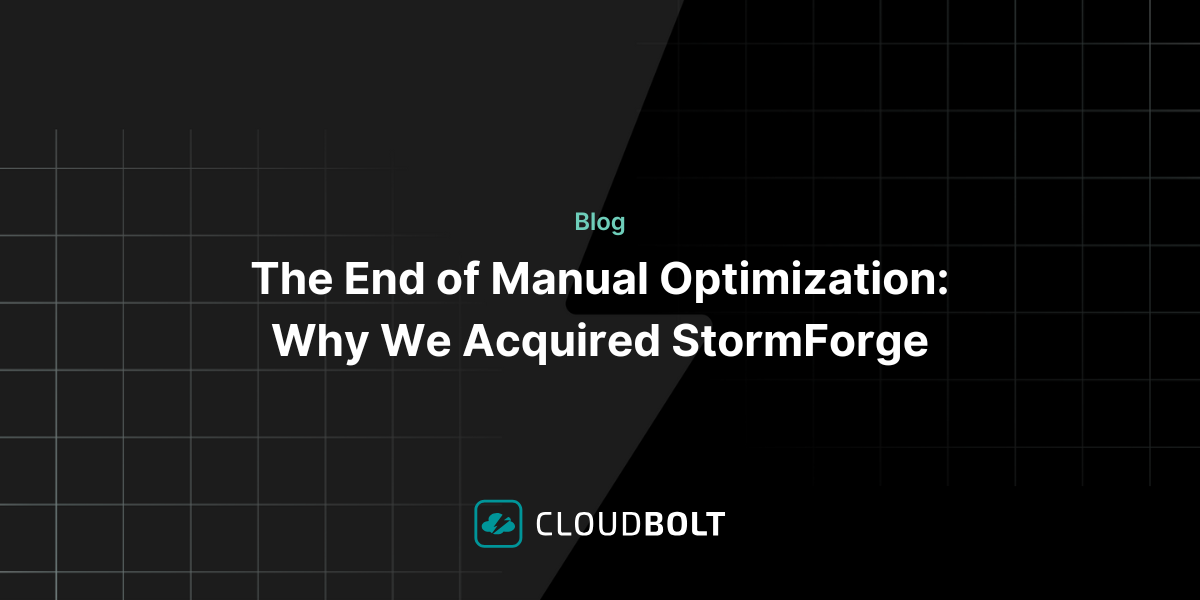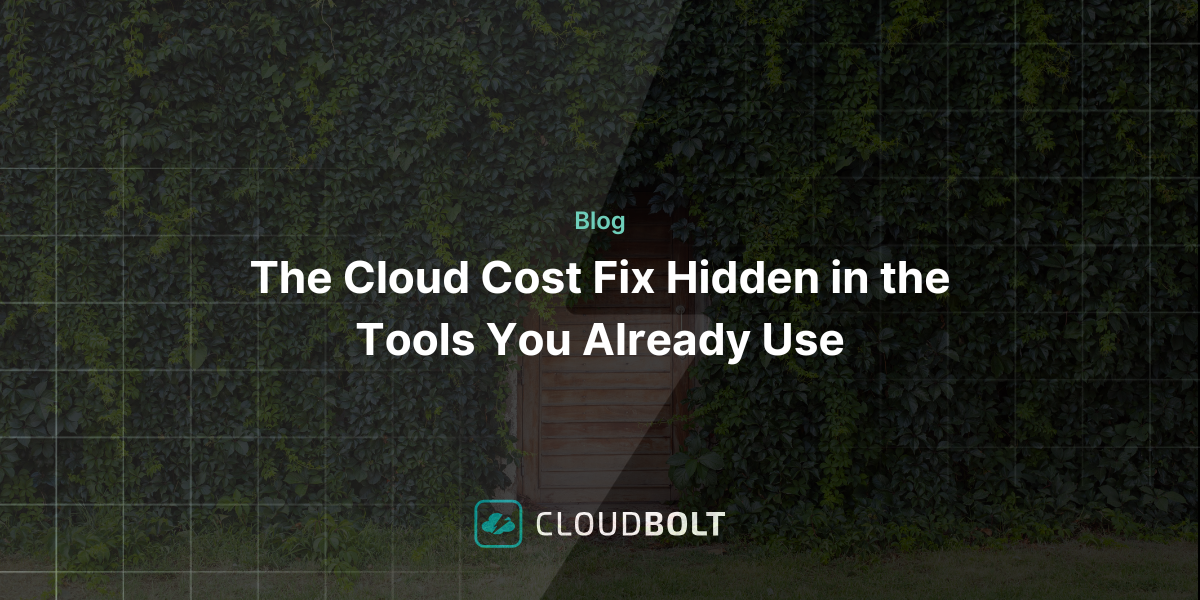Five Factors for Selecting a Multi-Cloud Management Platform
With the hype surrounding public, private, and hybrid clouds, it’s easy for the concept of multi-cloud to fall through the cracks. Multi-clouds that tap into multiple cloud services are increasingly becoming a smart investment for enterprise-level organizations. The distribution of cloud management tasks between providers can be a boon for businesses. It can help increase efficiencies, take advantage of economies of scale, and introduce resiliency into your virtual infrastructure.
But there’s a problem – the multi-cloud is complex. Each cloud service in the multi-cloud setup comes with its own set of tools. This makes it harder to optimize performance, manage security, and control costs. A multi-cloud management platform can help bring some semblance of order into the chaotic multi-cloud environment. But these tools aren’t made equal. You have to pick one that works for your use case. Here are some considerations you should make when buying a management tool for your multi-cloud deployment.
1. General Requirements
When evaluating a multi-cloud management platform vendor, you should consider the following general requirements:
- Number of customers
- The company’s financial capability
- Product vision
- Market share
- Partner ecosystem
Ideally, you want to work with a vendor that shares similar values with your organization. You want it to be financially stable and be around for the long haul. The vendor’s vision of its product should align with your cloud strategy, so you don’t have to change providers midstream.
2. Functional Requirements
The functional or technical requirements are a core part of the purchase process. You want a product that can deliver the functionality your organization needs. Functional requirements will normally vary from one organization to the next. They include supported cloud environments, financial management capabilities, resource utilization, automation and governance, security, and API functionality. Make sure the features of the multi-cloud management platform meet the business needs of your organization. For instance, does your organization rely heavily on Amazon EC2 Convertible Reserved Instances? If yes, then you want a tool that can help with purchasing, management, and exchanges.
3. Service and Support
Figure out the level of support you need from your vendor and make it a part of your selection criteria. You might need strict SLAs, or even require dedicated personnel during the implementation and training stage. It may look trivial, but service and support can be a deal-breaker for many organizations when selecting a multi-cloud management platform.
4. Security Requirements
You shouldn’t confuse this with the “security” that falls in the functional requirements section. The security referenced in this category has to do with the architecture of the product and company. Ask about the vendor’s business continuity plans, disaster recovery, data flow, encryption, third-party compliance (e.g., SOC2), and access privileges.
5. Pricing Structure
Pricing is usually complicated. It almost always varies from one multi-cloud management platform to another. Billing may be pay per module, a flat rate, or based on a percentage of your cloud spend. Make it your goal to have all the core functions included in the pricing agreement.
Conclusion
Using a multi-cloud management platform can help improve financial management, cloud readiness, and operational efficiency. But for it to work for your organization, you must make sure you align with your broader cloud strategy.
Experience the leading hybrid cloud management and orchestration solution. Request a CloudBolt demo today.
Related Blogs

The End of Manual Optimization: Why We Acquired StormForge
Today is a big day for CloudBolt—we’ve officially announced our acquisition of StormForge. This marks a major milestone for us…

